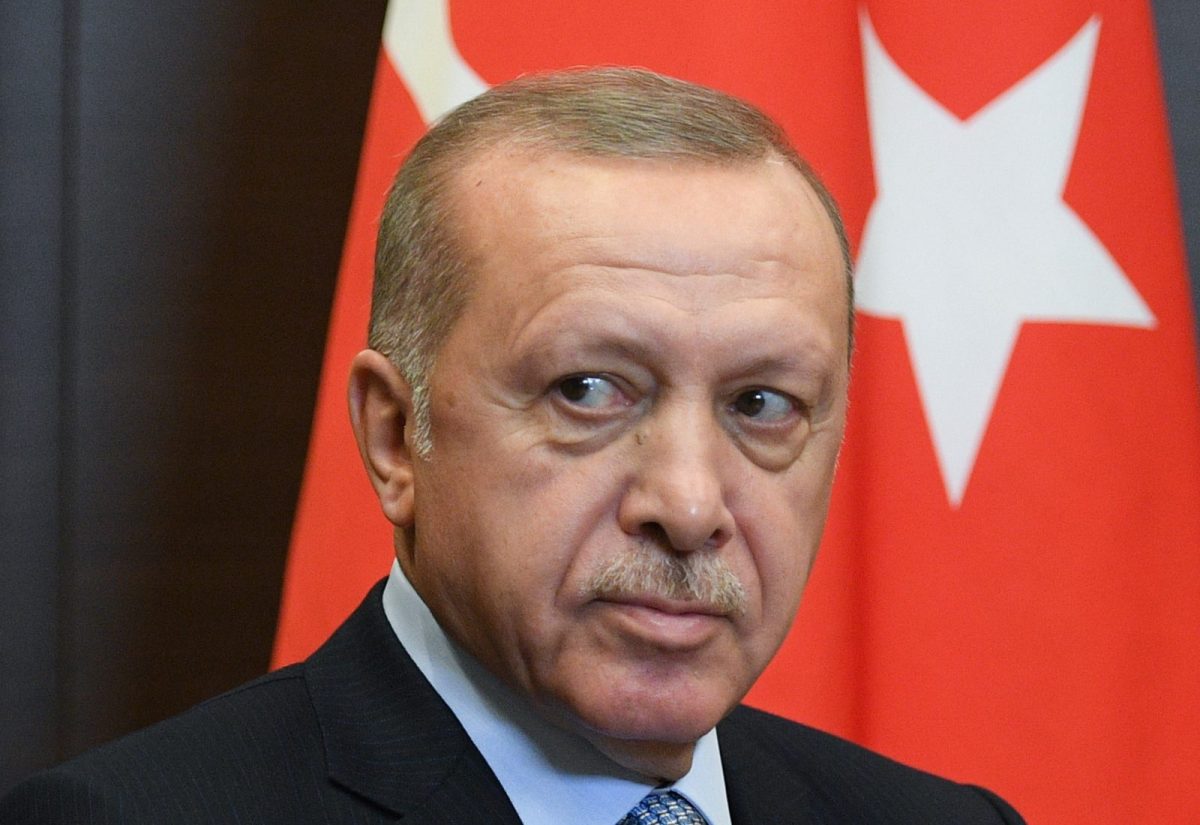
SOURCE: SUNDAY GUARDIAN LIVE
India will certainly be affected by geopolitical developments in Turkey, according to India’s former Ambassador to Jordan, Libya, and Malta, and Distinguished Fellow, Vivekananda International Foundation, Ambassador Anil Trigunayat. Turkey has tried to found a new Islamic organisation to counter the OIC with the help of Pakistan.
“We have seen their covert statements on Kashmir and Article 370. Hope that President Erdogan will release his limitations and not continue to force his thoughts over other countries. India has worked together with Turkey in the G-20,” Ambassador Trigunayat said at a webinar on “Turkey’s Undoing of Kemalist Project and its Tremors in Geopolitics of Islamic World”, jointly organisedon Tuesday by Usanas Foundation, a Udaipur-based security, and geopolitical affairs think-tank, and Law and Society Alliance.
Besides Ambassador Anil Trigunayat, Dr Ahmet S. Yayla, Assistant Professor, DeSales University, Director of Center for the Homeland Security, and Fellow on Extremism Program, Georgetown University, United States, also spoke. Abhinav Pandya, CEO of Usanas Foundation, moderated the event.
Dr Ahmet Yayla highlighted the fact that President Erdogan slowly established his rule by shifting moderate Turkish Sufi Islam, based on teachings of Rumi towards a Salafi Islam—the political Islam. Currently, Erdogan’s core support base constitutes 30% of Turkey’s population. “He needs more support to save himself from being prosecuted on charges of corruption and killings. So first of all he is trying to convey to the 30% population that in order to practice your religion and protect it, you need to vote and support him. For the support of others, he is trying to project himself a nationalist and tallest leader of the Muslim world.” Dr Yalya highlighted that Turkey has not only been supporting ISIS in Syria but also extremist Salafi groups in the region. In 2013 as the Salafi jihadi movement started to grow with the expansion of Al Qaeda affiliates and ISIS, Turkey started supporting them in covert and overt ways. Over 60 thousand ISIS fighters came to fight via Turkey, who were given an open and free passage. The support to ISIS was so open, that in several instances, it was seen that ISIS fighters used to make clear declarations in front of Turkish authorities to let them cross over to fight for ISIS. He further said that though ISIS did carry out attacks in Turkey, all of them were against the minority Kurdish community. When the US started to put pressure on Turkey about not supporting ISIS in 2016, Erdogan arrested only 1,000 ISIS members. This number is nothing as, after the defeat of ISIS, most of the fighters moved and shifted to Turkey and are operating from there.






